Are desiccant dehumidifiers better? Experts explain how they work and whether they're the right choice for your home
With different types of dehumidifiers out there, is a desiccant dehumidifier the best?

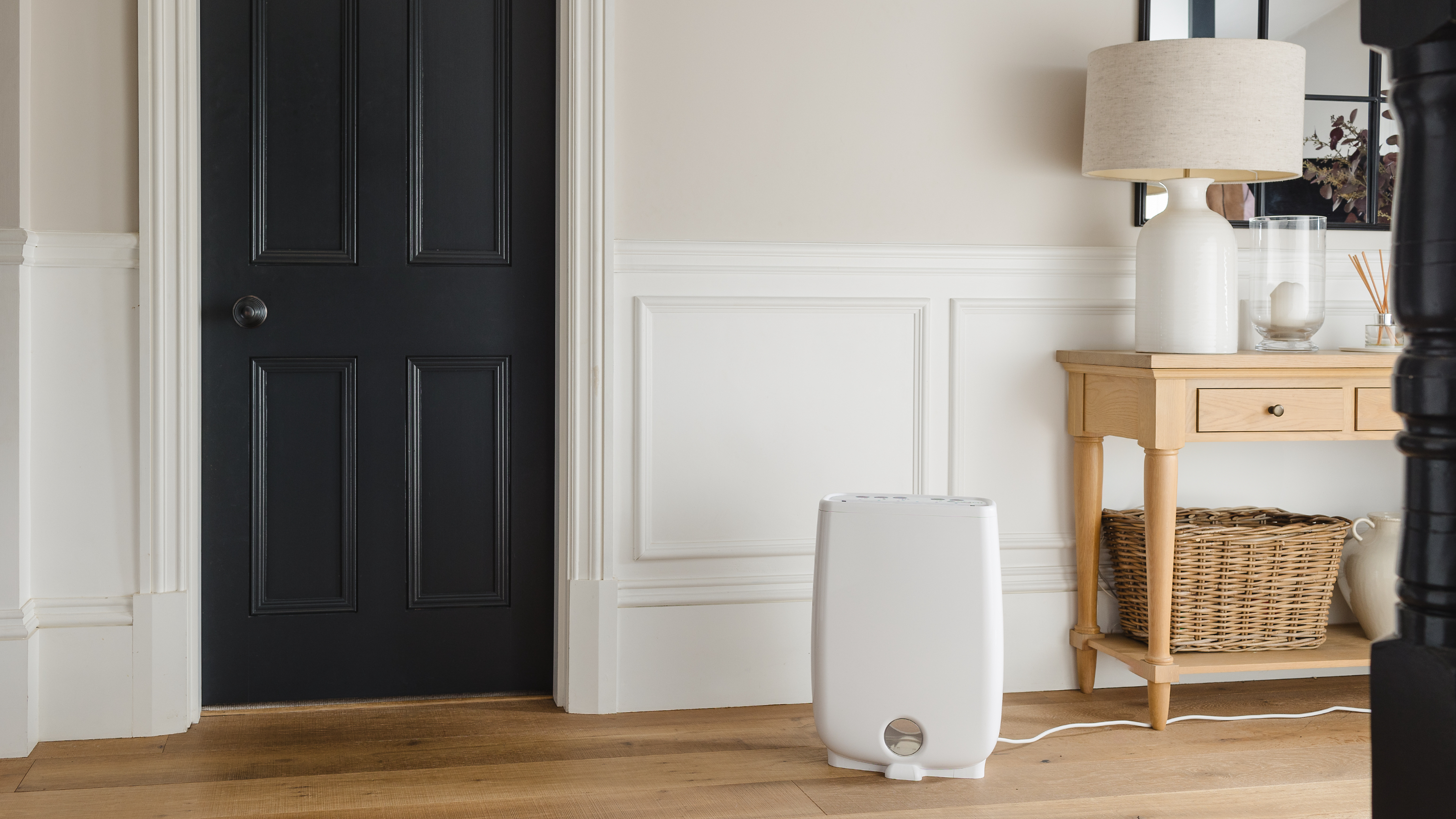
As dehumidifiers continue to grow in popularity as a must-have household purchase to help tackle damp and speed up the process of drying clothes indoors, you might be considering making the purchase yourself. As such, understanding the different types of dehumidifiers is essential to making a decision, begging the question: are desiccant dehumidifiers better?
If you're new to your hunt for the best dehumidifier for your home, it's worth noting the three most common types of dehumidifiers – compressor, desiccant, and Peltier – all of which function differently to achieve a similar outcome of reducing indoor humidity. If you're here, we're probably safe to assume you're just interested in the must-knows about a desiccant dehumidifier.
We've asked experts to explain how this type of dehumidifier works and in what circumstances opting for a desiccant model would be the better choice.
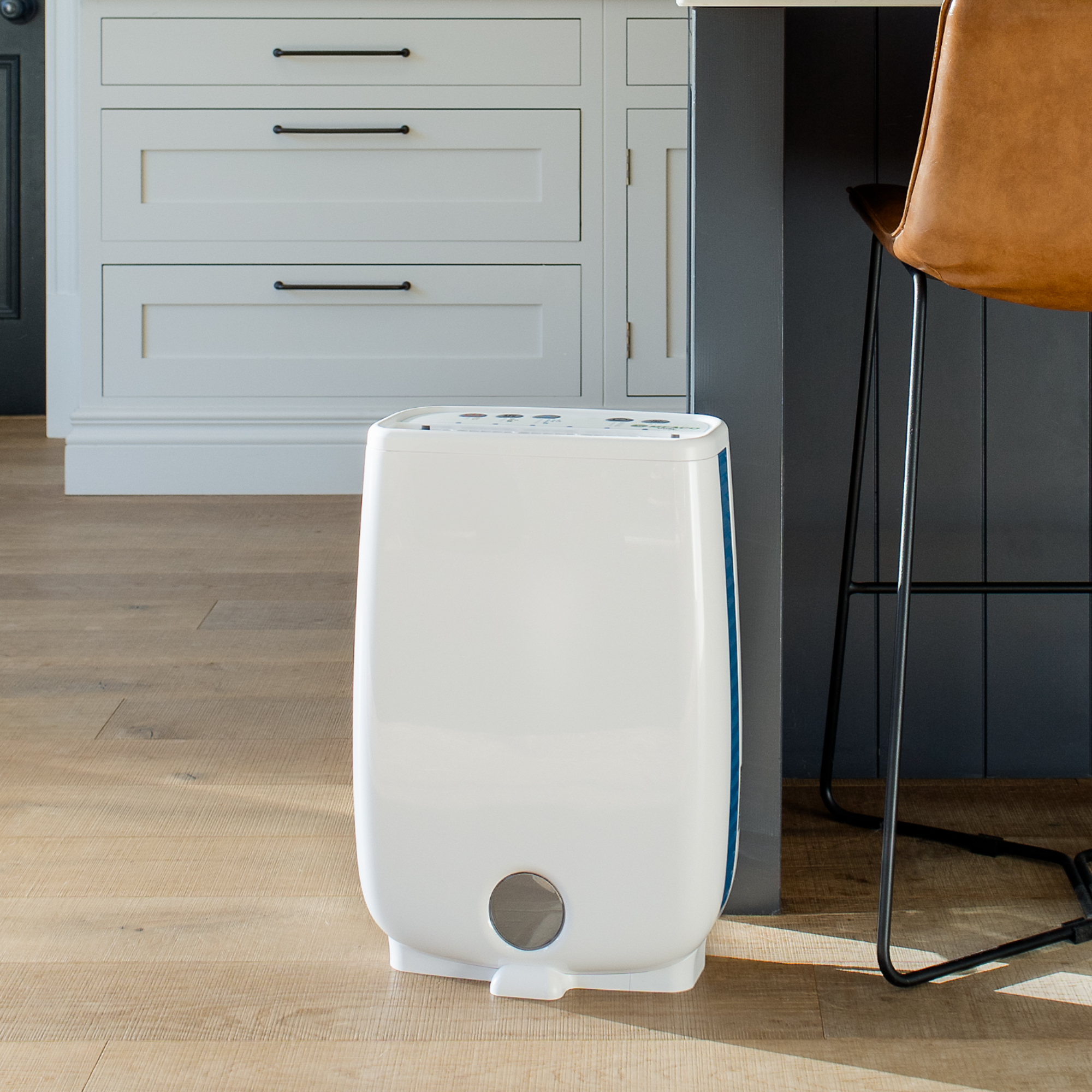
What is a desiccant dehumidifier?
First things first, what is a desiccant dehumidifier?
'A desiccant dehumidifier works by combining an absorption material with a heater to remove moisture from the air, which is collected in a water tank. This means that it has no refrigerant so it can be argued that it is kinder to the environment than a compressor dehumidifier,' begins Chris Michael, managing director at Meaco.
'Desiccant dehumidifiers use a desiccant substance to remove moisture from the air, using a desiccant wheel and a process called adsorption. They function more quietly and at a lower temperature than refrigerant (compressor) dehumidifiers,' adds Adele Brennan, home electricals buyer at VonHaus.
When should you use a desiccant dehumidifier?
Whether you're choosing a dehumidifier for a bedroom or researching the right dehumidifier for a kitchen, not only do you need to consider how big of a dehumidifier you need to achieve your desired results but you also need to find the ideal type to suit your lifestyle.
Sign up to our newsletter for style inspiration, real homes, project and garden advice and shopping know-how
If you're trying to figure out whether a desiccant dehumidifier is the right choice for your home and what the ideal circumstances to opt for one are, here are a few considerations to be made.
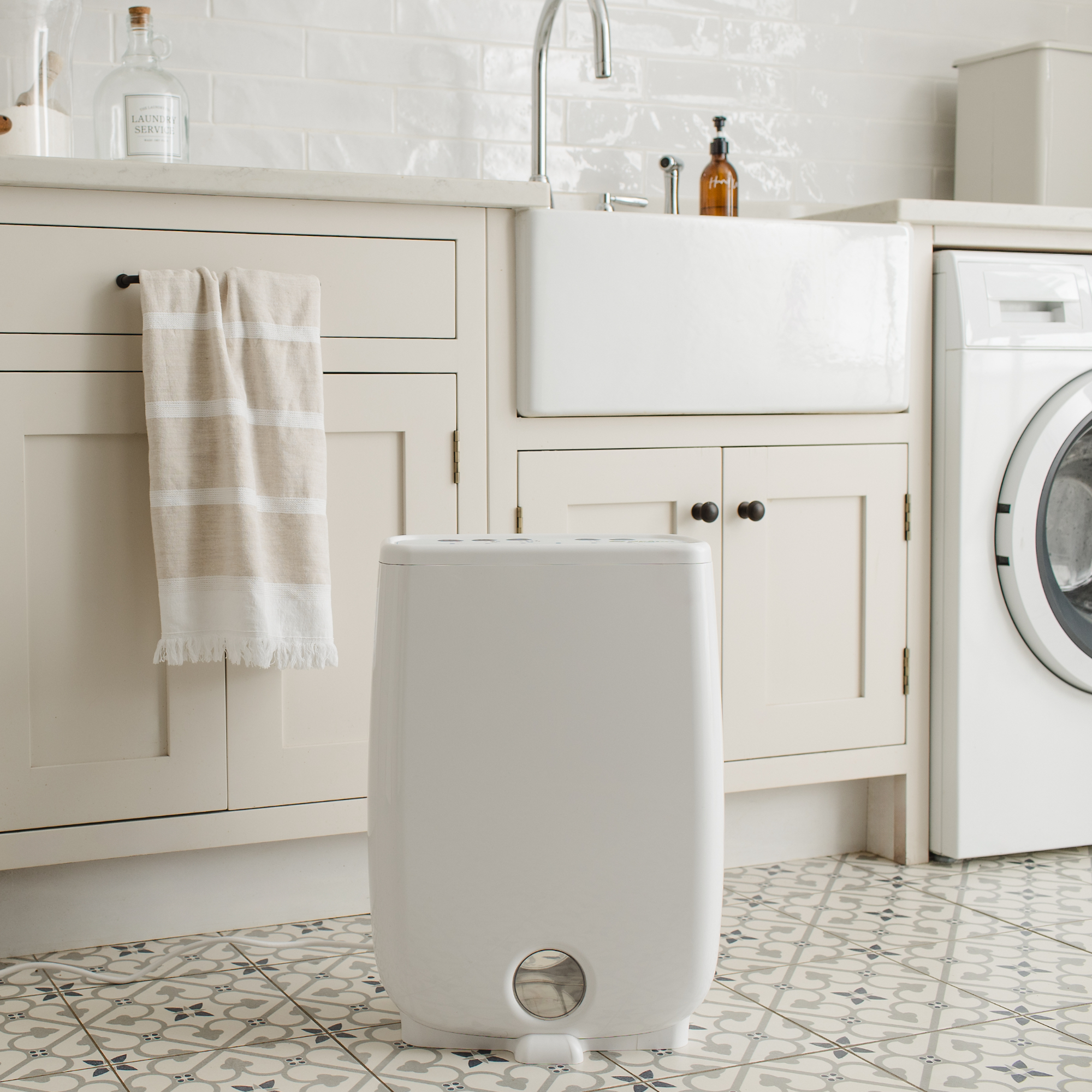
1. They're more effective in colder rooms
For rooms that tend to be colder, a desiccant dehumidifier is often the wiser choice. 'Desiccants are more efficient than compressor dehumidifiers at lower temperatures which makes them more suitable for unheated rooms such as garages, conservatories and cellars,' explains Chris.
As a general rule of thumb, if the room temperature is below 10°C or below, a desiccant dehumidifier will be the best choice. For rooms above 10°C, a compressor-type dehumidifier will be the most suitable.
Chris explains that a desiccant dehumidifier also emits heat which makes it even more useful in colder rooms.
2. They're quieter
Since desiccant dehumidifiers don't have a built-in compressor, they're usually quieter to operate than compressor types. 'At low fan speed the noise is exceptionally quiet, remaining unobtrusive to the occupants of the home,' assures Chris.
If you're considering a dehumidifier to help you sleep better, then it might be worth looking into desiccant types.
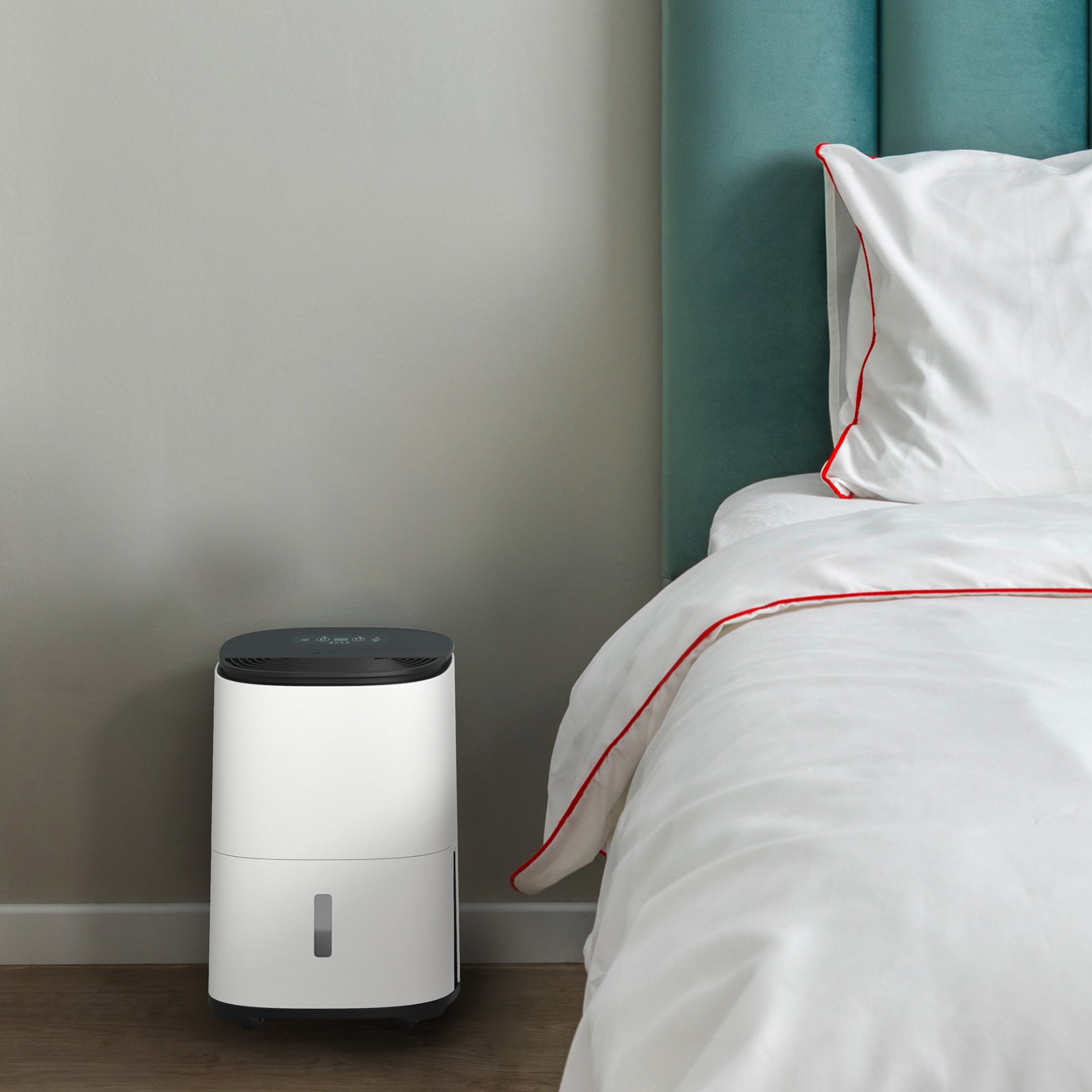
3. They're lighter and more portable
Another thing to be aware of is that a lot of desiccant dehumidifiers will tend to be smaller and lighter than their compressor type counterparts, allowing more portability when using them.
'For example, desiccants are popular with boat and classic car owners to help protect their vehicles from damp and mildew during the winter months,' explains Chris. This could inspire using a small desiccant dehumidifier to help you get rid of damp in certain areas in your home, as and when it's necessary.
However, despite all their benefits, desiccant dehumidifiers tend to be more expensive upfront as well as in the overall cost of running a dehumidifier, which is something to keep in mind before considering purchasing one.
Shop our top-rated desiccant dehumidifier
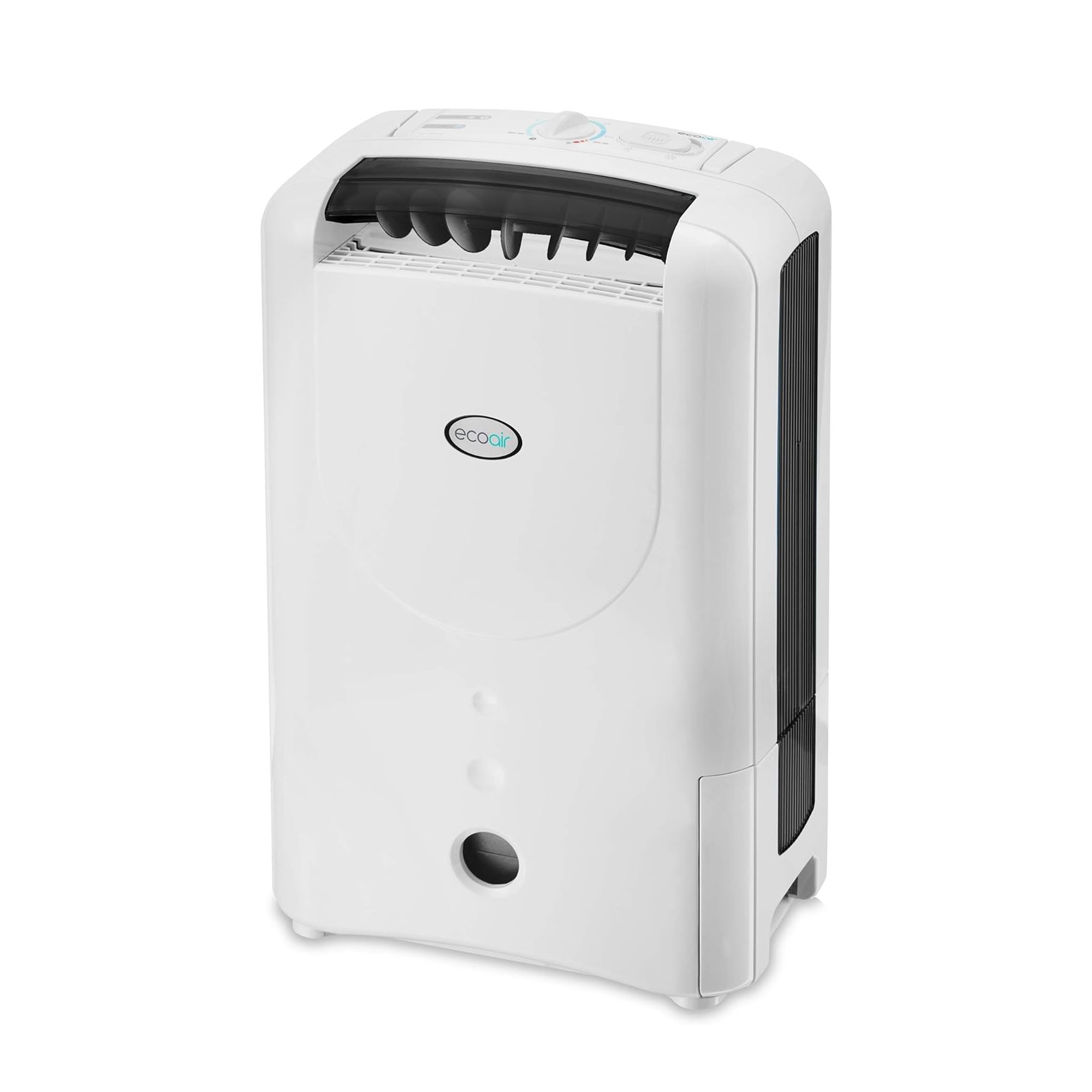
A desiccant dehumidifier differs from a compressor or Peltier dehumidifier in that it works more efficiently at lower temperatures. The EcoAir DD1 Simple MK3 can be operated in any space that's above 1°C, making it a great option for a garage, basement, or unheated rooms during the winter months when you're dealing with damp. During testing, it also performed brilliantly in normal conditions, making quick work of drying wet washing.
FAQs
Is a desiccant dehumidifier better than a regular dehumidifier?
'A desiccant differs from the more commonly used compressor type that uses cold coil technology, like a refrigerator, to condense and collect water,' explains Meaco's Chris Michael.
It's hard to determine whether a desiccant or compressor dehumidifier is better, as everyone's home circumstances and preferences will massively differ. However, if you're looking for a dehumidifier that is quieter, lighter, and for a space that usually stays below 10°C, a desiccant dehumidifier will thrive best in those conditions.
'Desiccant dehumidifiers are best suited for homes where dampness is prominent and causing issues, or as previously explained, homes that have rooms and outhouses where the temperature is naturally lower,' further explains James Longley, managing director at Utility Bidder.
It's also worth knowing that, unlike compressor dehumidifiers, desiccant dehumidifiers do not use refrigerants and can therefore be easier to maintain as a whole.
How long do desiccant dehumidifiers last?
'On average, a well-made desiccant dehumidifier can last between 8 to 15 years,' says Utility Bidder's James Longley. 'This can vary as some units may last longer with proper maintenance, while others may see issues sooner if used heavily or for challenging environmental conditions.'
While it's hard to give one answer to the pressing question of whether desiccant dehumidifiers are better, they have their selling points which make them such fantastic additions to homes because of how they help to treat humidity concerns in the right conditions. So, it's all about assessing your home, what you're looking to achieve, and your preferences to make the best decision for you.

Jullia was Ideal Home’s Junior Writer from 2022-2024 and the Ideal Home Certified Expert in Training on Vacuums having spent over 60 hours testing different models. She’s always loved all things homes and interiors, graduating with a bachelor’s degree in Architectural Studies from the University of Nottingham where her love for writing blossomed following her internship at ArchDaily. Now focused on home tech and cleaning, Jullia works on writing features and explainers to help people make the most of their home appliance investments, putting the newest launches through their paces. When she isn’t writing, she loves exploring the city, coffee shop hopping, and losing hours to a cosy game or book.